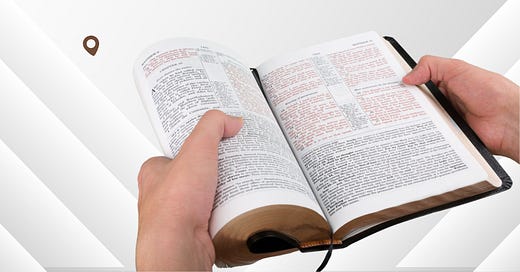I am currently taking an online Continuing Education class on Systematic Theology. I miss being in class room settings and I already have three masters, so my time of formal schooling is at an end. I am beyond grateful for opportunities to continue learning in an informal setting and I am particularly grateful that I am not being graded. It’s been about 8-10 years since I’ve taken a theology class and if I read theology on my free time, it’s public theology.
While I enjoy this class on Systematic Theology, I am reminded why I haven’t read so many of the big named theologians: so much of academic theological writing is extremely dense. Part of it is out of necessity, especially when reading the English translation of a German Theological text. Translation is difficult in the best of circumstances, translating heavy, academic writing from one language to another is a challenge.
Another reason is the history of theology in the West, often tied to Philosophical discourse, and heavily focused on intellectual belief. When a key part of one’s theology is about right, intellectual belief, then the discourse is going to veer into being inaccessible to the majority of people. But even when reading more modern and progressive theology, the writing is still often dense and difficult. For example, I tried to read the work of someone who is both a well-known academic theologian and public theologian, and I could not get through the first page of their book. This book was marketed as public theology and the subject matter, was incredibly important, but the writing made in unreadable to all but a small portion of other academics.
Again, there are some theological writings that because of time period or translation, are always going to be dense and difficult to understand. So I appreciate those who do the hard work of trying to translate the ideas and concepts within those writings into language that more people can understand. But so much of academic theological discussion seems to remain in the academy. Which is a shame because in a world where Biblical literalism, Christian fundamentalism, and Christian nationalism are on the rise, we need people to say: “hey there are actually alternatives to the ideas put forth by Christian Nationalists. And these ideas have a rich theological tradition.”
But too often, many of these theological ideas stay locked away in academia, and lay people are left on their own to try and do their own research. And to be blunt, Fundamentalist Christianity has done a hell of a job in making sure that there is plenty of free and low-cost options to access their theology classes to the greatest number of people.
I’m not sure what the solution is, since academic theology for numerous reasons, is going to continue to be inaccessible for most people. But I am grateful for the individuals who engage in public theology, and for continuing education classes that enable me to try and make sense of academic theology. And before anyone asks “well why don’t you make academic theology more accessible.” Please, I am not the one. I can barely understand half of my reading for this class.
Image: Person holding open a Bible. Text: in a world where Biblical literalism, Christian fundamentalism, and Christian nationalism are on the rise, we need people to say: “hey there are actually alternatives to the ideas put forth by Christian Nationalists. And these ideas have a rich theological tradition.”



